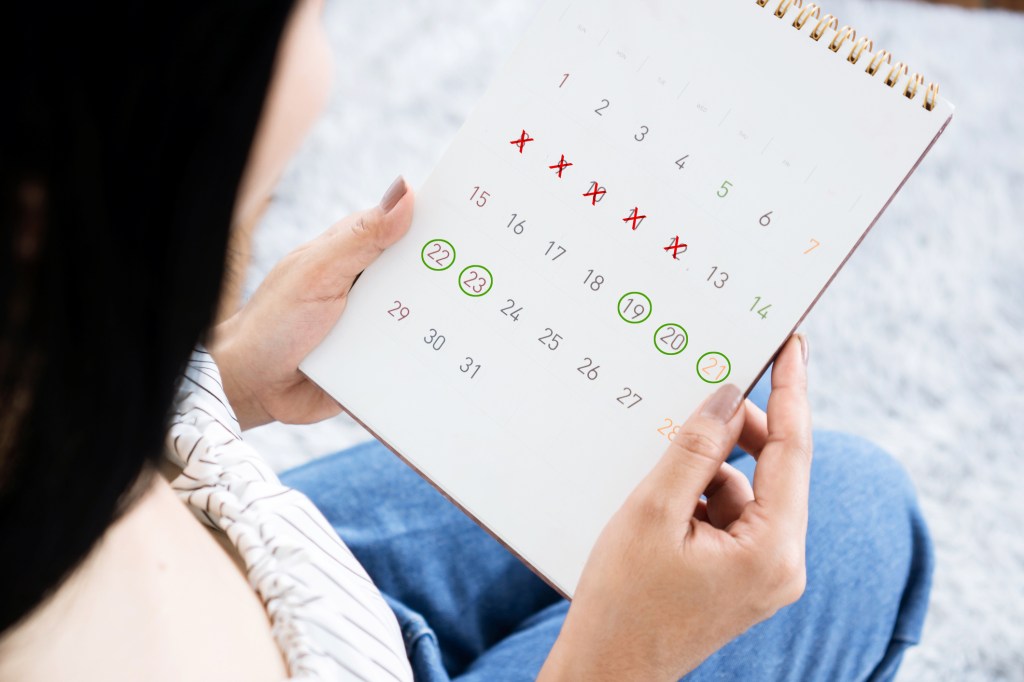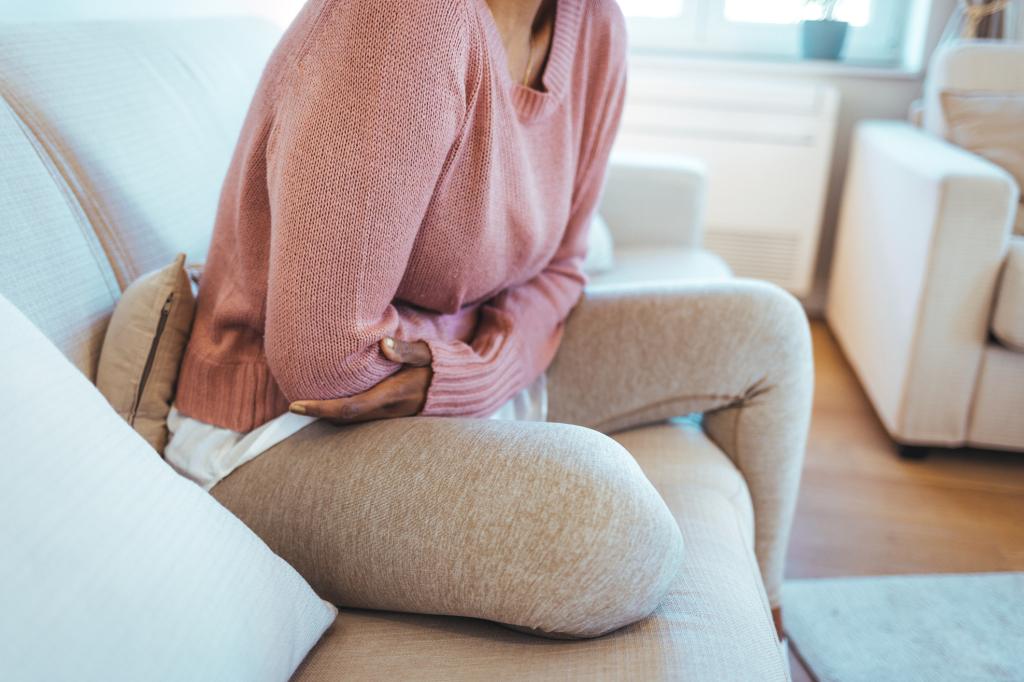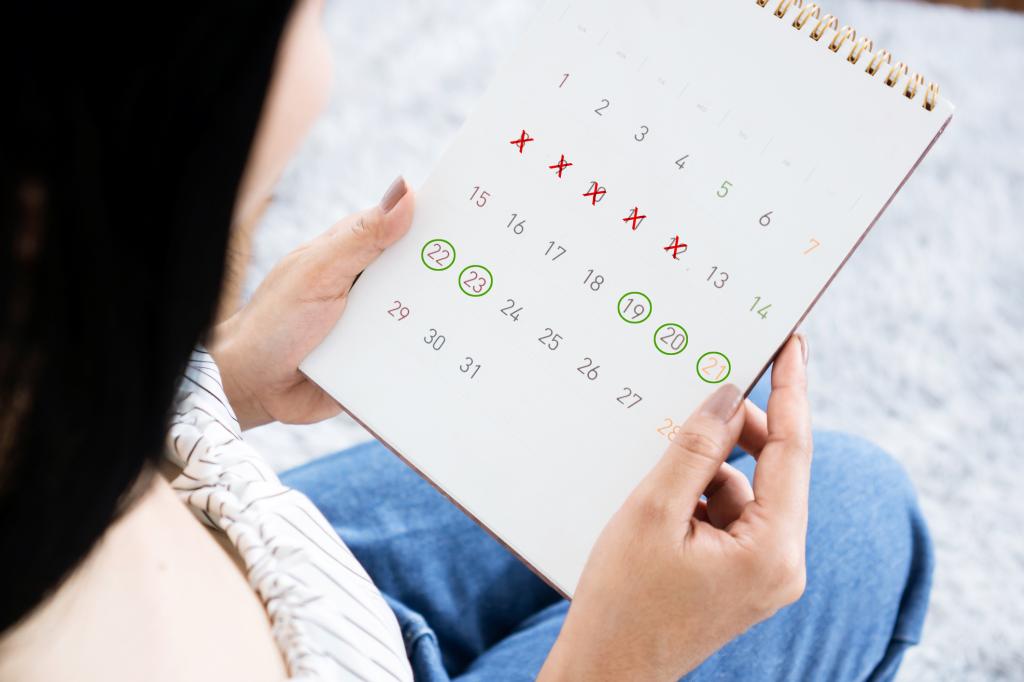COVID infections and vaccinations lengthen menstrual cycles: study
A new study has found that COVID-19 infections and vaccinations temporarily lengthen menstrual cycles.
The research, published last week in the journal Obstetrics & Gynecology, is one of the first such studies to use real-time tracked data versus relying on a person’s memory of their cycle changes.
“Menstrual health is significantly understudied and underrepresented in research and medicine,” Dr. Alison Edelman, physician scientist at Oregon Health & Science University, said in a statement Thursday to The Post.
Researchers from the University of Montpellier and Oregon Health & Science University used data from Clue, a reproductive health app, with the personally identifiable information removed.
The analysis of 6,000 Clue users in 110 countries found an increase in menstrual cycle length following a COVID-19 infection or vaccination, but this change was small and temporary.
On average, unvaccinated users experiencing a COVID-19 infection reported a 1.45 day increase in their menstrual cycle, while vaccinated users reported a 1.14 day increase in their cycle after receiving the shot.
In both cases, these changes appeared to last only one cycle.
“This work is important and necessary to provide answers which can reassure individuals who are experiencing menstrual changes following a COVID-19 infection,” Edelman said.
The researchers determined that the changes were likely caused by people’s immune systems reacting to the virus.
They were sure to note that menstrual cycles can change for a variety of reasons.
According to the International Federation of Gynecology and Obstetrics, a change of less than eight days within the average 28-day cycle is considered within the normal range.
While the effects of COVID-19 are still being studied, some research has found links between the virus and menstruation.
A study published last year in Obstetrics & Gynecology found that women vaccinated against COVID-19 saw a slight delay — by less than one day, on average — in the onset of their menstrual periods, compared to unvaccinated women.
The average delay in women’s cycles after the first vaccine dose was 0.64 day (about 15.36 hours), and 0.79 day (about 18.96 hours) following the second dose.
The shot did not substantially affect the number of bleeding days, according to findings from more than 4,000 participants.
Like in the Clue-based study, researchers also claimed the change may have been related to the immune system’s response to the virus.
Research also published in Obstetrics & Gynecology found that stress related to the pandemic caused changes in women’s periods, too.
The results showed that more than half of the 354 participants had a change in cycle length, duration, flow and/or frequency of spotting in between cycles after March 2020.
Some women with the highest stress levels due to COVID-19 experienced changes in all four of the categories.













